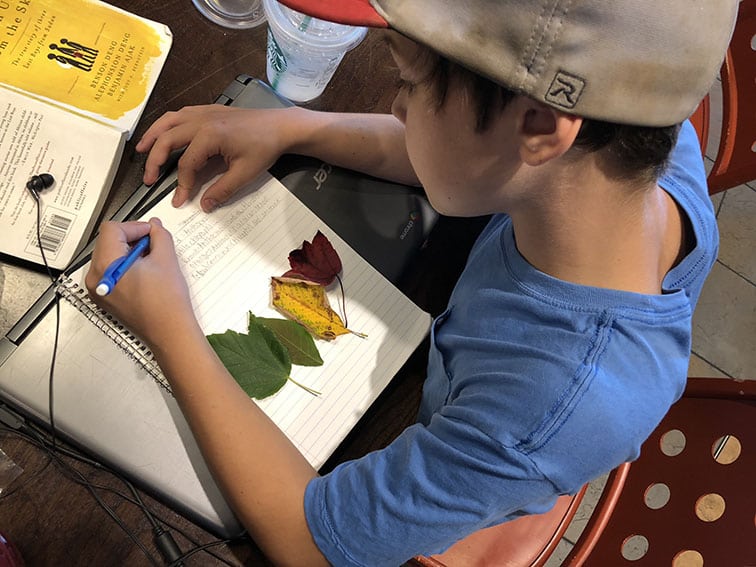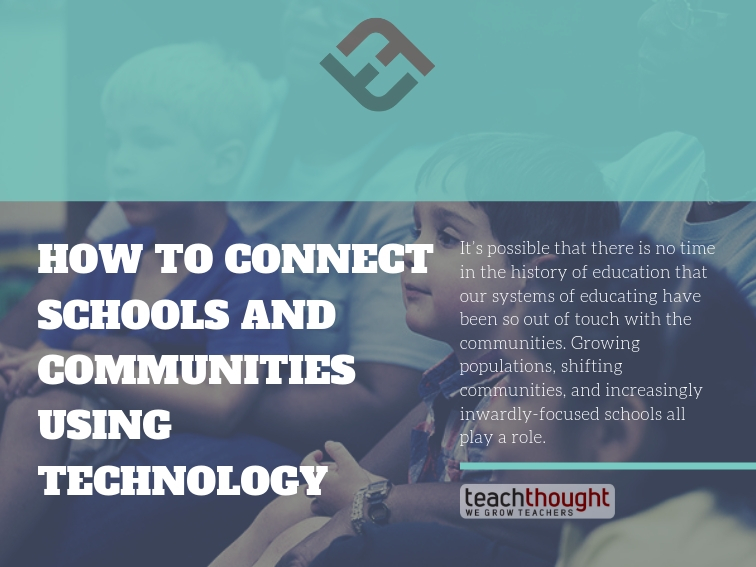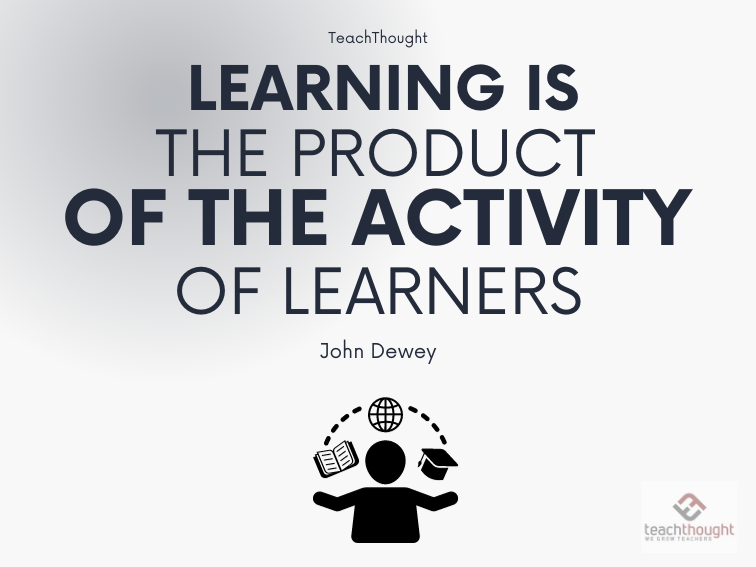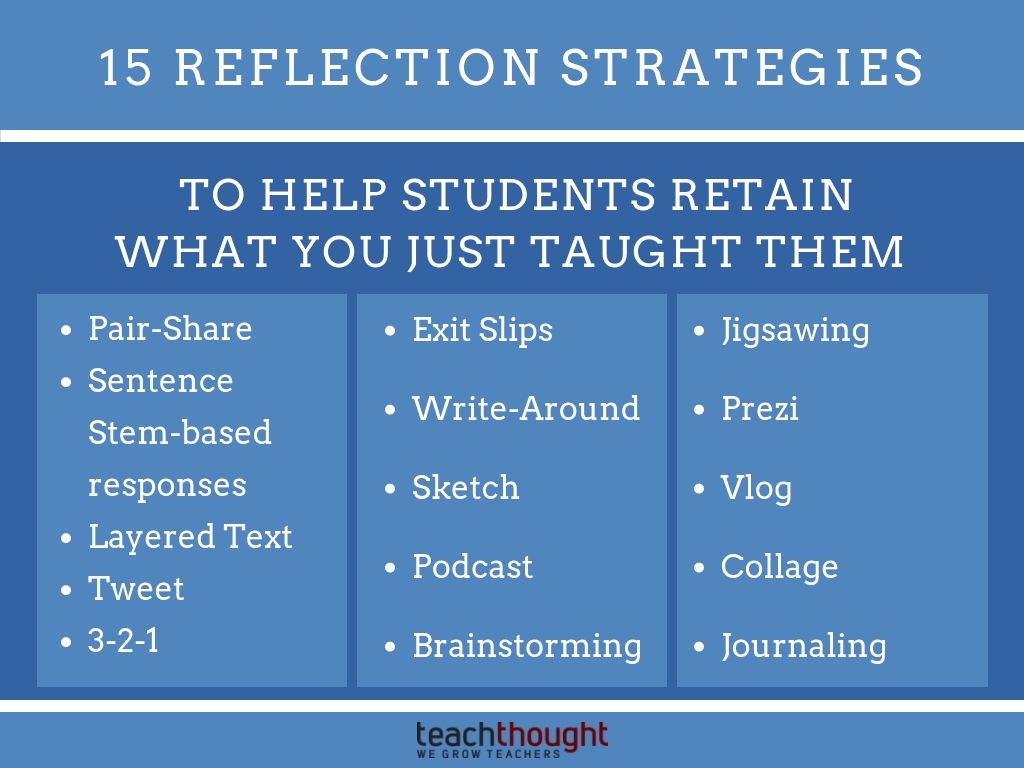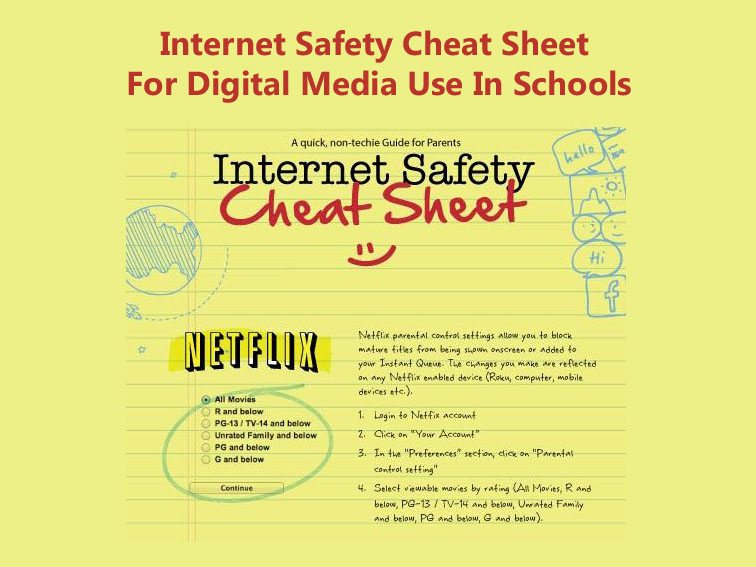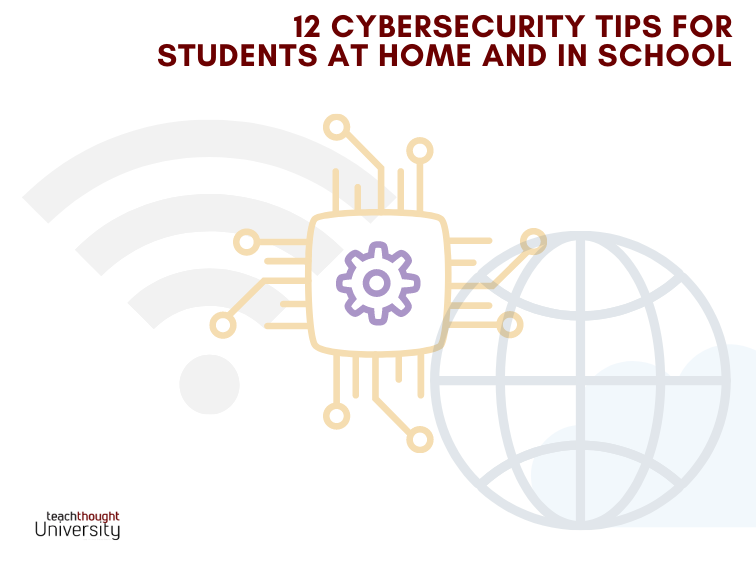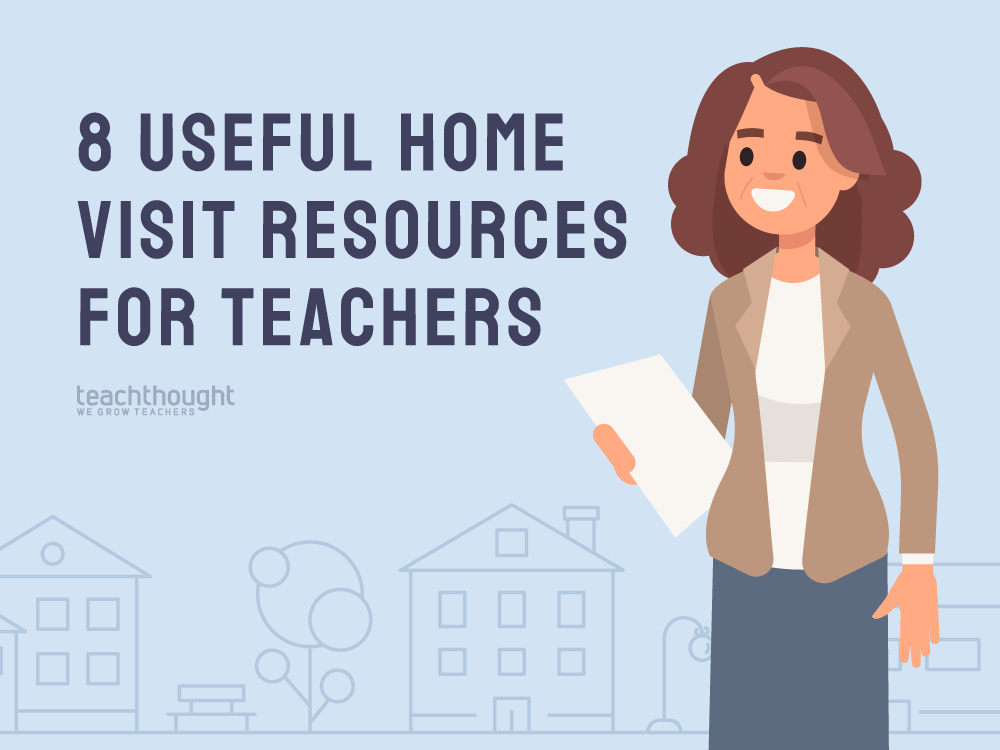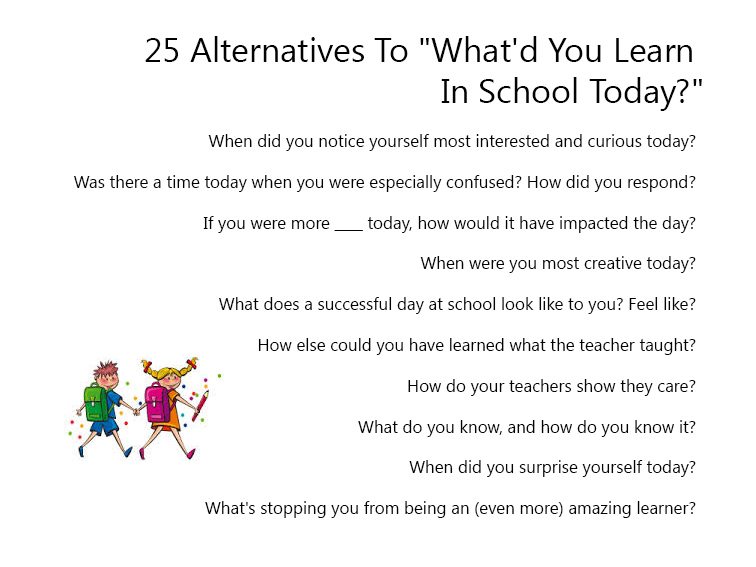Tag: Parents
12 Ideas For Easing Students Back to School
You are handed a classroom full of students who are excited to be back but not so enthusiastic to study. This is an opportunity!
How To Connect Schools And Communities Using Technology
In light of the access of modern technology, schools can evolve while simultaneously growing closer to the people they serve.
When Schools And Parents Don’t Talk
Communities don’t understand teaching and learning? Education doesn’t know what communities really need? This seems like an opportunity.
Strategies To Help Students Retain What You Taught Them
By asking students to leave a little learning on a chair by the door on the way out of the classoom, exit…
Digital Media Use In Schools: An Internet Safety Cheat…
Digital media use is exploding in education. Unfortunately, internet safety is something many teachers-and worse, students-take for granted.
12 Cybersecurity Tips For Students At Home And In…
A VPN connection encrypts and protects students’ internet traffic from interceptors who may want to steal passwords.
11 Useful School Home Visit Resources For Teachers
We were given a long list of names and addresses and wished luck. Years later, I can say it was one of…
Alternatives To ‘How Was School?”
“What did you learn in school today?” It’s easy to resort to cliches when talking to kids about school. Here are some…
